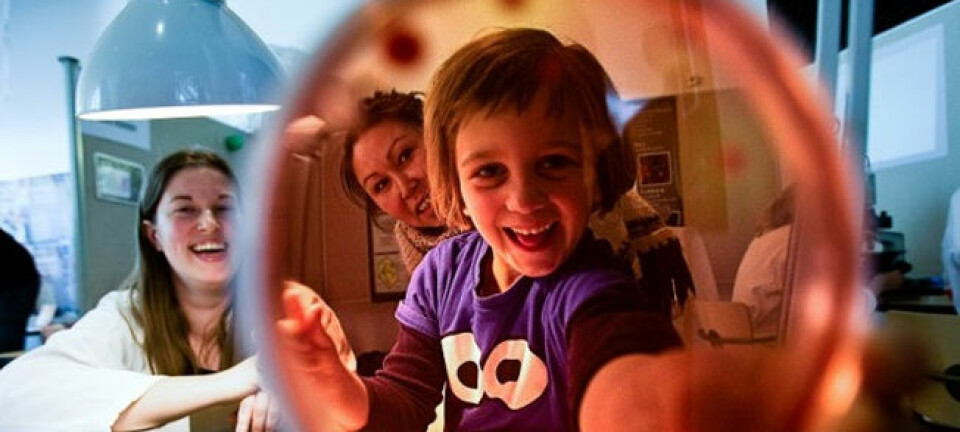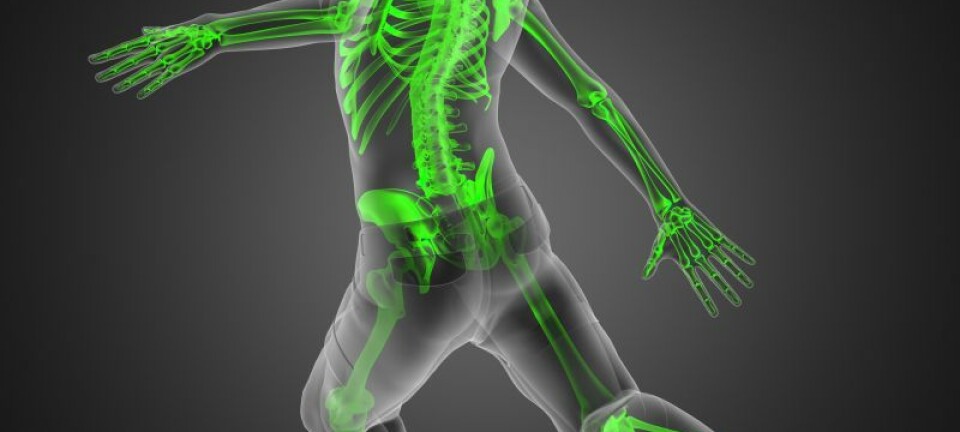Children can play their way to more learning in school
Learning by playing is the best way to fill young children with knowledge, says two Danish researchers.
Violence in classrooms is a thing of the past.
However, even though the disciplinary styles of the 1950s are gone, the Danish school system still needs to wake up and adapt to the 21st century, says Pernille Hviid, assistant professor of psychology at the University of Copenhagen.
She believes playtime should be a top priority in classrooms across the country.
“If we integrate playing into the Danish school system the school will not only teach children what things are, but also what they can become,” says Hviid.
The question is if schools are ready to make that change, she says.
“Schools may feel threatened by these new initiatives. When you start meddling with conventions, you don’t know where it’ll take you,” says Hviid. “As a society, are we ready to take on new forms of education?”
Children need to play, explore, create and share
Bo Stjerne Thomsen, director of research and learning at the Lego Foundation, agrees that schools should incorporate more play into teaching.
“Children learn through play. They’re curious and explore things. They also create things and share them with others,” says Thomsen, who has a PhD in architecture and media technology. “There’s scientific evidence that children learn most effectively through play.”
Hviid emphasises that learning through play doesn’t mean that teaching basic skills in maths and Danish tshould be given a lower priority.
“It’s not a rejection of conventional knowledge, but a chance to let it interact with imagination,” she says. “If it becomes a reality, the next generation will not just be prepared for assuming responsibility of society, they will also be equipped to develop it.”
Learning in the 21st Century is among the many topics that scientists from all around the world will discuss during the Euroscience Open Forum (ESOF) conference that is held in Copenhagen from June 21 to June 26.
You can read more about ESOF2014 here.
--------------
Read the original story in Danish on Videnskab.dk
Translated by: Iben Gøtzsche Thiele








